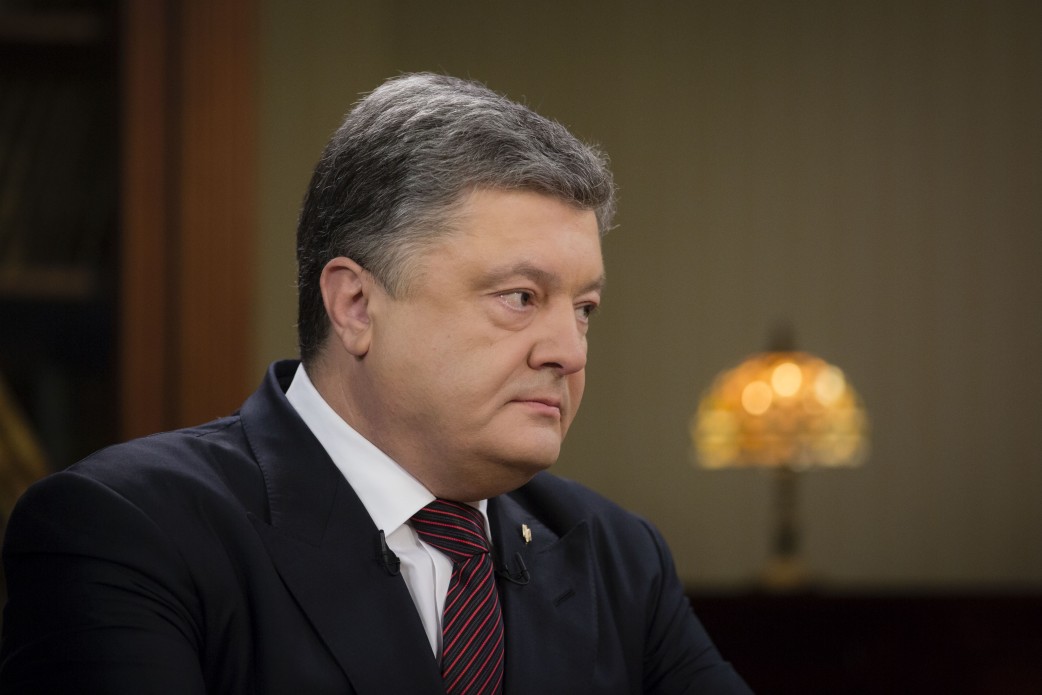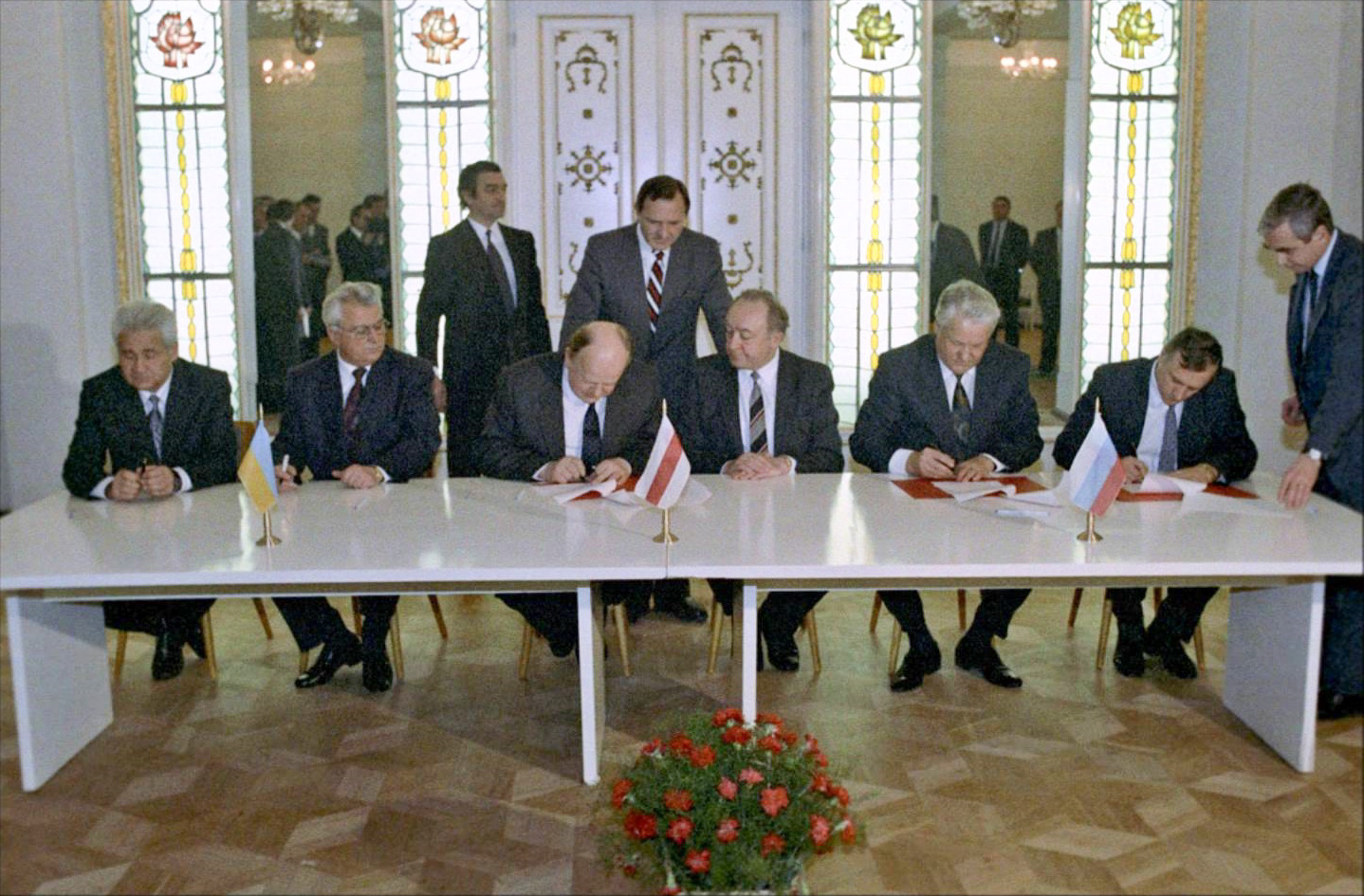Ukrainian President Petro Poroshenko says that Kyiv is preparing the documents necessary to formally leave the Russian-dominated Commonwealth of Independent States (CIS), thus making official what has long been a de facto condition and reducing still further the size of a structure Moscow has long counted on to advance its interests.

In 1991, 11 former Soviet republics formed the CIS and shortly thereafter Georgia was forced to join, a decision it reversed after Vladimir Putin invaded that country in 2008. Moldova is on the way out as well, and with Ukraine’s departure, the CIS will be reduced to nine – Russia plus Belarus, Armenia, Azerbaijan and the Central Asian countries.
Even some of them are less than full-fledged allies of Moscow either because they are trying to balance between East and West as Belarus, Azerbaijan and Kazakhstan have been doing or because they have been going their own way like Turkmenistan and Uzbekistan.
That Ukraine, the largest and most important non-Russian member, was going to withdraw following the Russian invasion had been signaled by the country’s foreign ministry.
But the actual move had been delayed for at least three reasons:
- First, the issue of leaving the CIS had become entangled with that of denouncing the Russian-Ukrainian Friendship Treaty of 1997 in which Moscow had acknowledged Kyiv’s control over Crimea and that thus in part still serves Ukraine’s interests.
- Second, many in Kyiv and the West have been worried about how Moscow might react if Ukraine took this formal step and counseled against it arguing that Ukraine hasn’t really been part of the organization for some time and that withdrawing won’t really change very much except infuriate Moscow and thus make the situation worse.
- And third, the foreign ministry earlier made clear that it was waiting for Poroshenko to act. He now has, and consequently, at a time when most people are focusing on Syria and Western sanctions, Ukraine is now ready to take this step.
As the CIS heads toward a new a diminished status, it is worth recalling how and why it came into existence in the first place. Many view it as simply a product of the Belavezha Accords. But that is incorrect. Instead, it was a response by Moscow to the actions of the then-newly independent Central Asian countries.
After the leaders of the three Slavic republics agreed to disband the USSR, the leaders of the Central Asian countries met to discuss forming a new union among themselves. The prospect of some larger Muslim entity to the east was enough to prompt the Russian government to push for what became the CIS.
Some of those taking part saw it as little more than a divorce court to divide up the spoils of the empire; others hoped it would be something more, the skeleton around which a new political entity could be constructed. Ukraine’s departure more clearly than the exit of anyone else shows that the former were right and the latter are doomed to be disappointed.
Read More:
- Belavezha Accords didn’t destroy the USSR: it had already ceased to exist, Shtepa says
- Belavezha Accords are not just about the past
- There is no place in Putin’s world for the non-aligned, Portnikov says
- How falling for Putin’s Crimea narrative will feed Russian expansionism
- Disentangling the ‘fraternal’ Russian and Ukrainian peoples in 1991 and now
- Putin’s actions in Avdiivka show he killed his beloved idea of ‘a triune people’ of Russians, Ukrainians and Belarusians, Ikhlov says
- Russian journalist Valeriy Solovey: What Russians don’t like about Ukrainians

